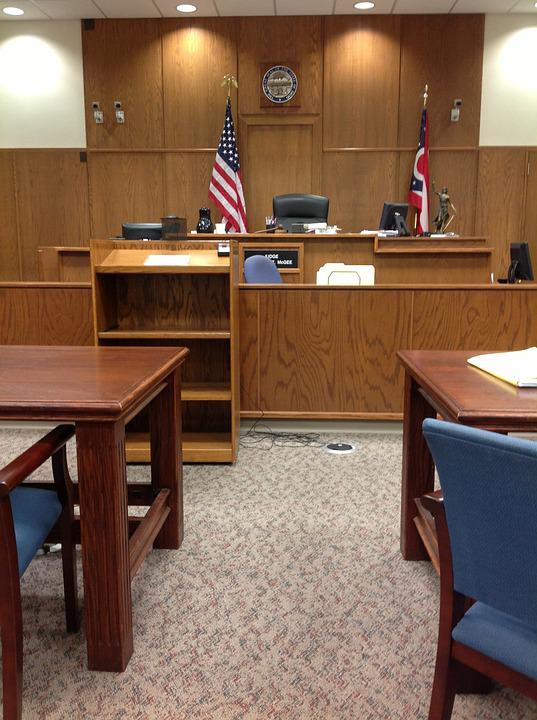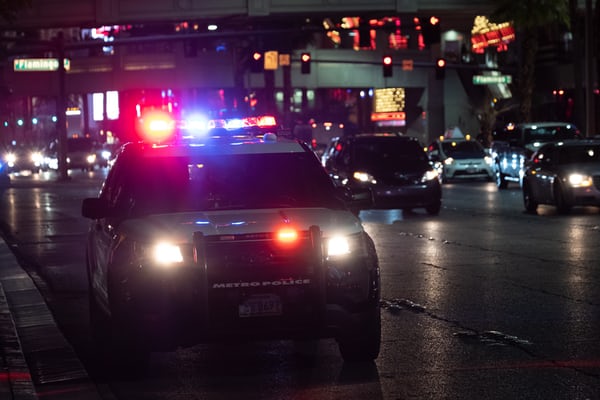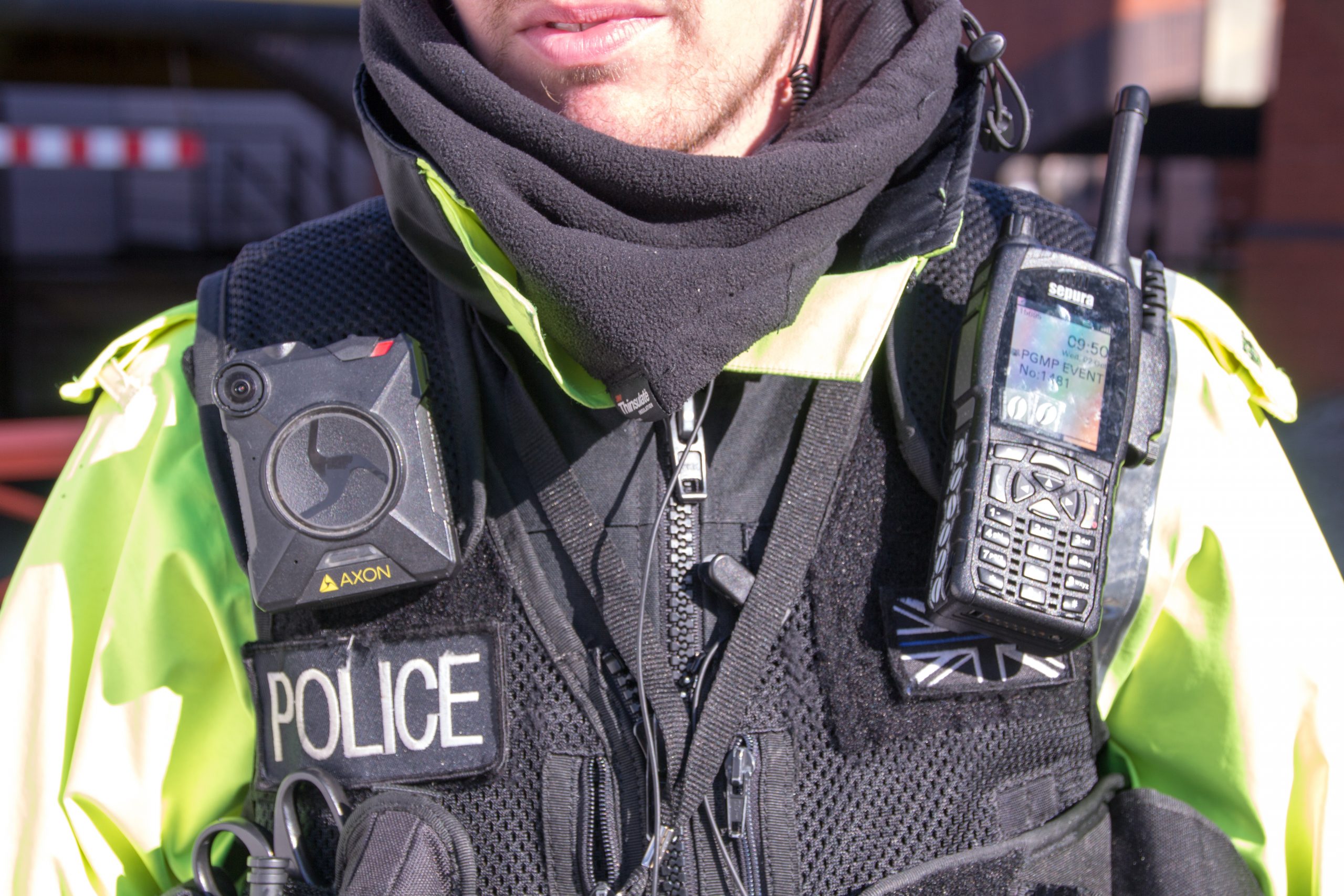MA Appeals Court: Restraining Order Hearings Must Be Fair to Both Parties
 Restraining orders are an essential tool that Massachusetts law makes available to help victims of abuse or harassment stay safe. Abuse prevention orders and harassment prevention orders (the two types of civil restraining orders available in Massachusetts) allow courts to impose restrictions on abuse and on contact. Some judges are very quick to grant requests for orders, sometimes after giving defendants scant opportunity to challenge a plaintiff’s claims. Seeking to prevent violence and other serious harm is a praiseworthy motive. But restraining orders carry significant consequences and their erroneous issuance can also cause real harm. Recently the Massachusetts Appeals Court, in Idris I. v. Hazel H., reversed and vacated a restraining order because the trial court failed to give the defendant a fair hearing before issuing the order. CONTINUE READING ›
Restraining orders are an essential tool that Massachusetts law makes available to help victims of abuse or harassment stay safe. Abuse prevention orders and harassment prevention orders (the two types of civil restraining orders available in Massachusetts) allow courts to impose restrictions on abuse and on contact. Some judges are very quick to grant requests for orders, sometimes after giving defendants scant opportunity to challenge a plaintiff’s claims. Seeking to prevent violence and other serious harm is a praiseworthy motive. But restraining orders carry significant consequences and their erroneous issuance can also cause real harm. Recently the Massachusetts Appeals Court, in Idris I. v. Hazel H., reversed and vacated a restraining order because the trial court failed to give the defendant a fair hearing before issuing the order. CONTINUE READING ›
 Boston Lawyer Blog
Boston Lawyer Blog















